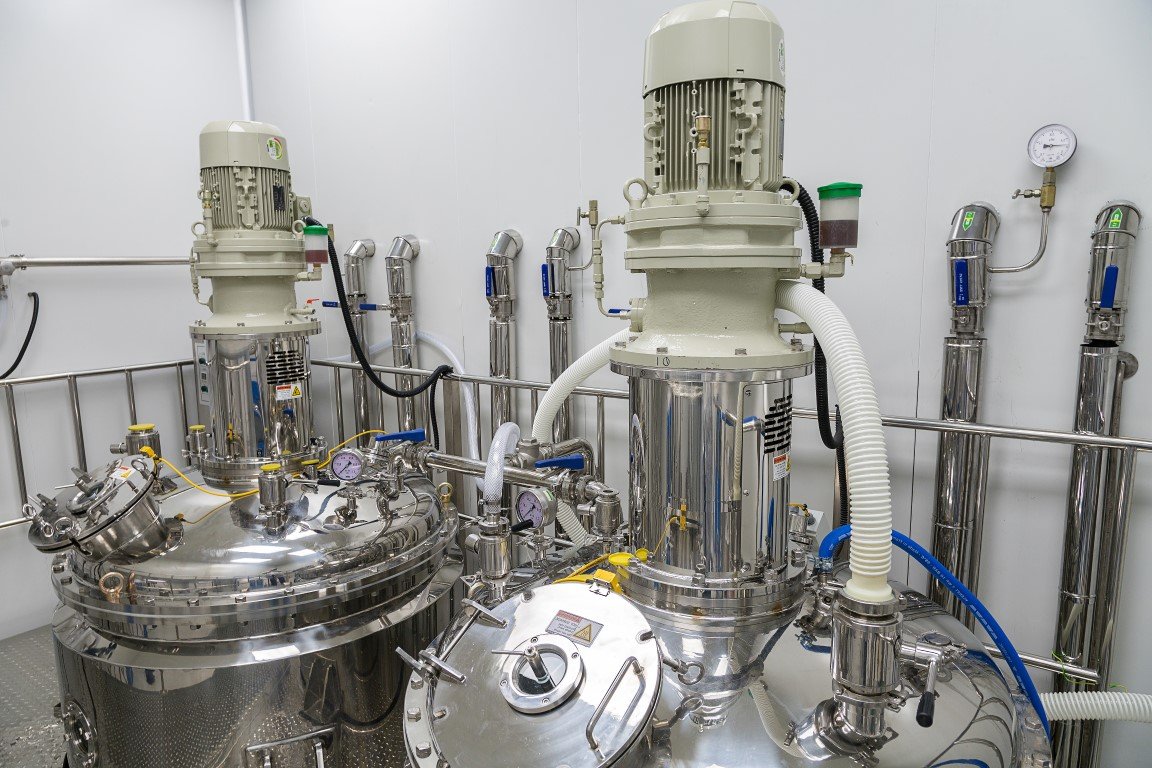Boilers, crucial components in various industries, demand meticulous attention to precision during the production process. The integrity and durability of a boiler are strongly reliant on the quality of its components. This blog article will discuss the importance of quality checks in boiler parts production, emphasising the potential repercussions of errors and the necessary actions to maintain product excellence.
Understanding the Critical Role of Boiler Parts
Boiler parts are the foundation of these critical pieces of equipment. Every component is essential to the boiler’s performance, from pressure vessels and heat exchangers to valves and piping systems. Any faults or failures in these parts can result in disastrous effects, such as:
Safety Risks: Malfunctioning boiler parts can endanger both personnel and the environment. Defective components have the potential to cause explosions, leaks, and fires.
Operational disruptions: Boiler failures can cause costly downtime, resulting in production losses and economic setbacks.
Environmental Impacts: Defects in boiler parts can lead to pollution by emitting hazardous gases and contaminating the water.
The Consequences of Defective Boiler Parts
Using damaged boiler parts might have serious repercussions. The following are some possible results:
- Reduced Efficiency: Defective parts can lower the boiler’s efficiency, resulting in higher energy consumption and running expenses.
- Increased Maintenance Costs: Faulty components may necessitate frequent repairs or replacements, which increases maintenance costs.
- Legal and Regulation Concerns: Violations of quality standards may result in fines and other legal and regulatory measures.
- Reputational Damage: A manufacturer’s credibility and market standing can suffer due to its reputation for producing low-quality boiler parts.
Essential Quality Checks in Boiler Parts Manufacturing
Manufacturers must apply strict quality control methods throughout the manufacturing process to reduce the hazards associated with malfunctioning boiler parts. Some essential quality tests include:
Raw Material Inspection
- Chemical Composition: Verifying that the raw materials have the proper chemical composition is critical for achieving the desired qualities, such as strength, corrosion resistance, and heat conductivity.
- Mechanical Properties: Testing for mechanical qualities such as tensile strength, yield strength, hardness, and ductility aids in determining the material’s capacity to endure the stresses of boiler operation.
- Conformity to Standards: Ensuring that raw materials meet applicable industry standards, such as ASTM, ASME, or EN, ensures that they are suitable for use in boiler components.
Process Monitoring
- Temperature Control: Maintaining perfect temperature control throughout production is critical for achieving the necessary material qualities and avoiding faults such as warping or cracking.
- Pressure Regulation: Accurate pressure regulation is essential for forging, casting, and shaping to ensure the proper shape and dimensions.
- Dimensional Accuracy: Continuous measurement of dimensions during the manufacturing process helps to avoid discrepancies that could impact the fit and function of the boiler parts.
Non-Destructive Testing (NDT)
- Radiography: Detecting interior flaws such as cracks, porosity, or foreign inclusions using X-rays or gamma radiation.
- Ultrasonic Testing: This method looks for material discontinuities by using high-frequency sound waves.
- Magnetic Particle Inspection: This technique uses iron filings and a magnetic field to expose surface flaws in a component.
Dimensional Inspection
- Callipers and Micrometers: These precision measuring equipment are used to compare the dimensions of items to prescribed tolerances.
- Coordinate Measuring Machines (CMMs): CMMs enable highly accurate measurements of complicated forms and geometries.
Pressure Testing
- Hydrostatic Testing: Hydrostatic pressure on the part ensures it can tolerate operating pressures without failure.
- Pneumatic Testing: Using compressed air to discover leaks or flaws in the component.
Visual Inspection
- Surface Defects: Look for surface flaws such as scratches, gouges, or pitting that could jeopardise the part’s integrity.
- Cracks: Looking for cracks that could spread under pressure and cause failure.
- Other Anomalies: Identifying other unique characteristics that may signal a quality problem.
Conclusion
The value of quality control in the production of boiler parts cannot be emphasised in the high-stakes world of industrial operations. RIBO Industries is committed to ensuring that every part we manufacture meets the highest safety, efficiency, durability, and compliance levels. Our stringent quality control systems are critical to our aim of offering the most dependable boiler components in the market. RIBO Industries is certified with ASME (S) (U), ISO 9001, ISO 14001 and ISO 45001.
By choosing RIBO Industries, you select a partner dedicated to quality in all aspects of our business.

